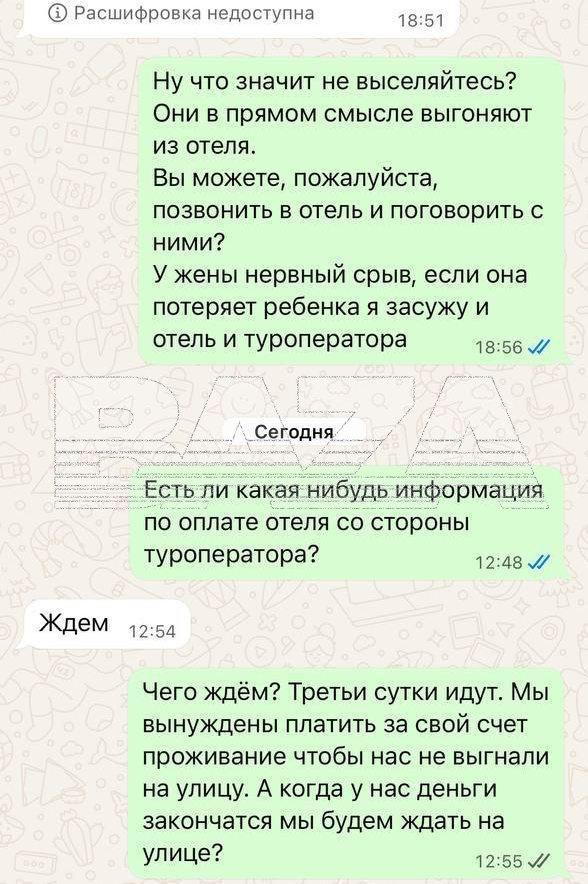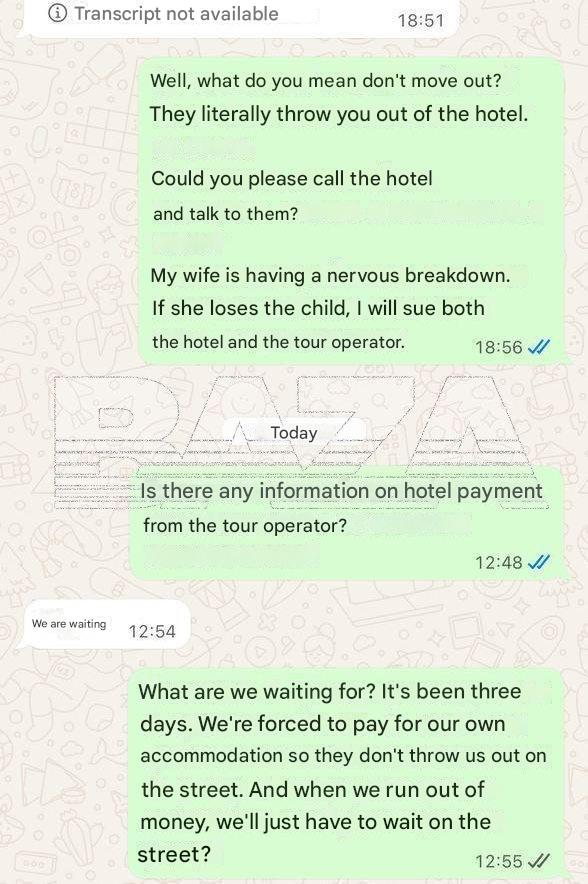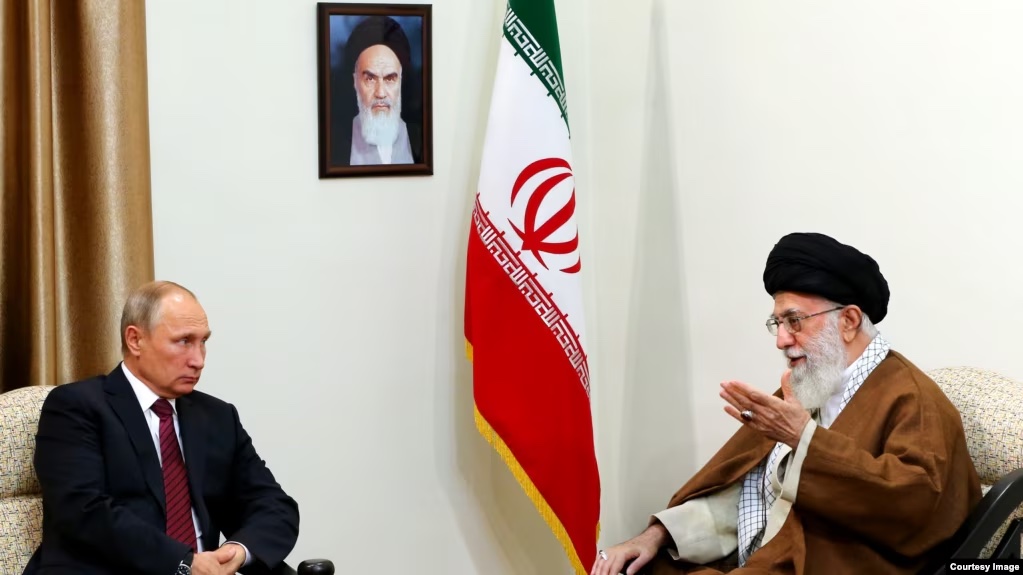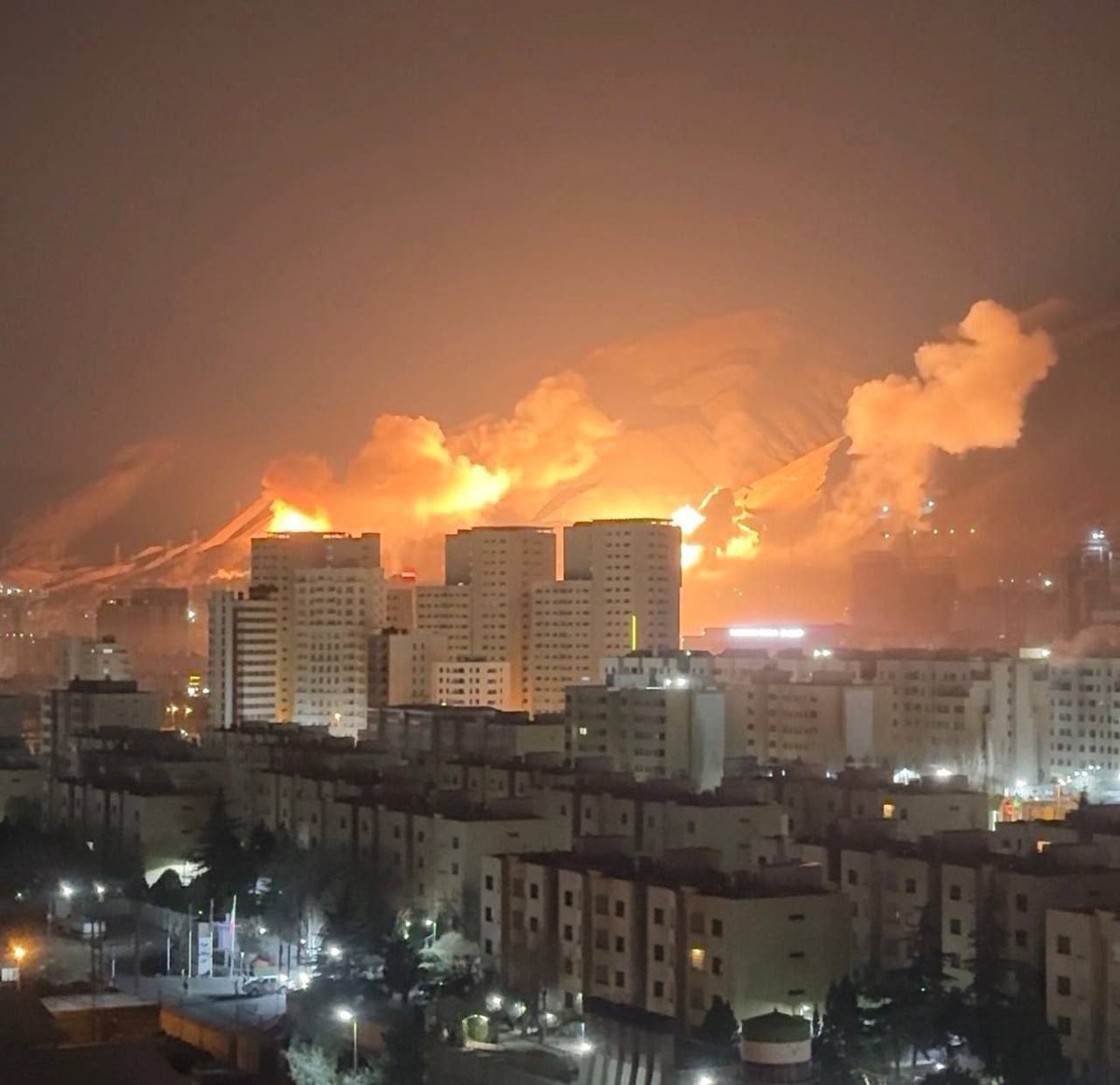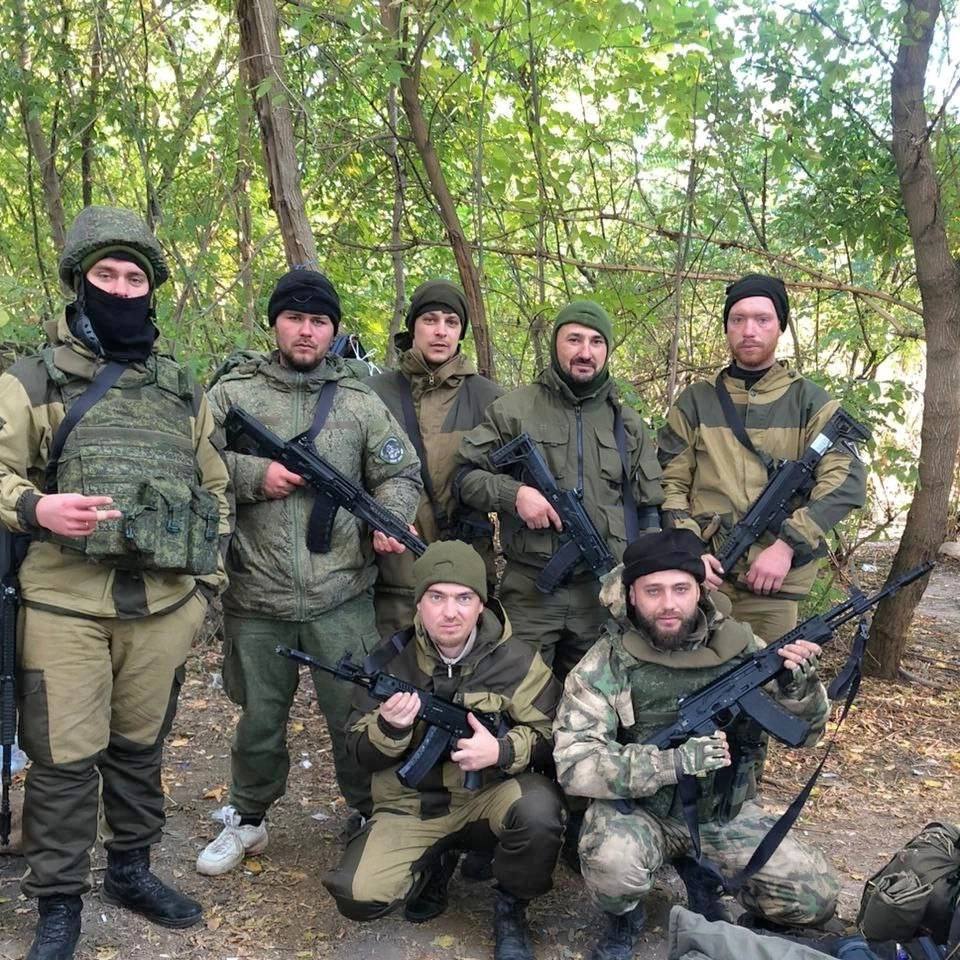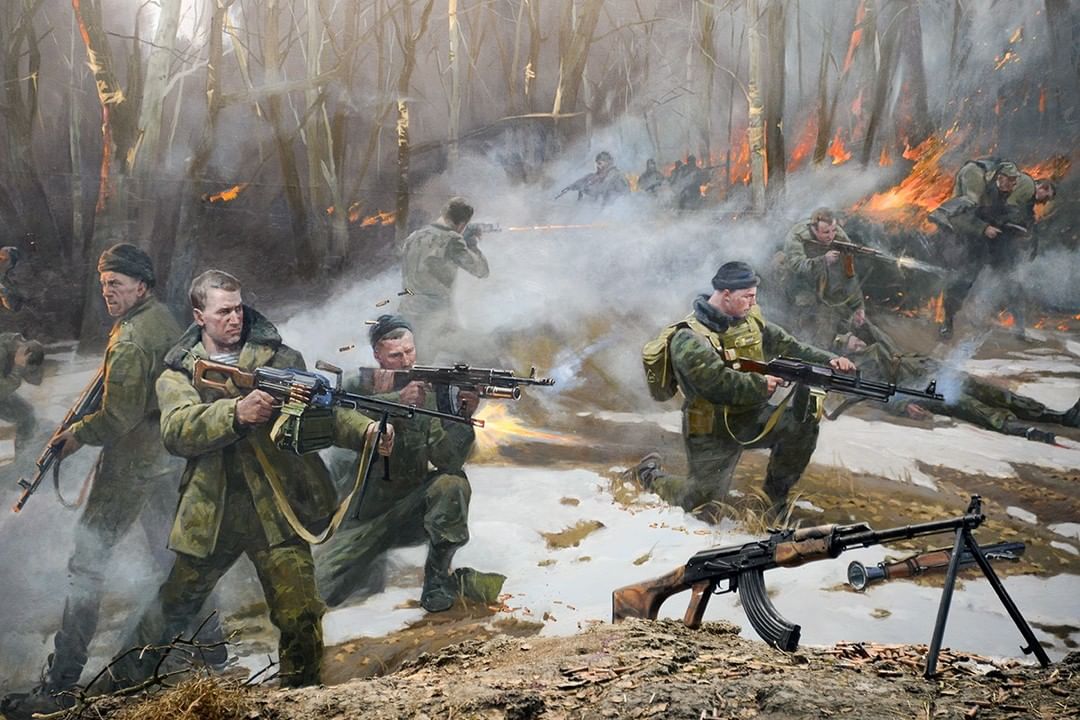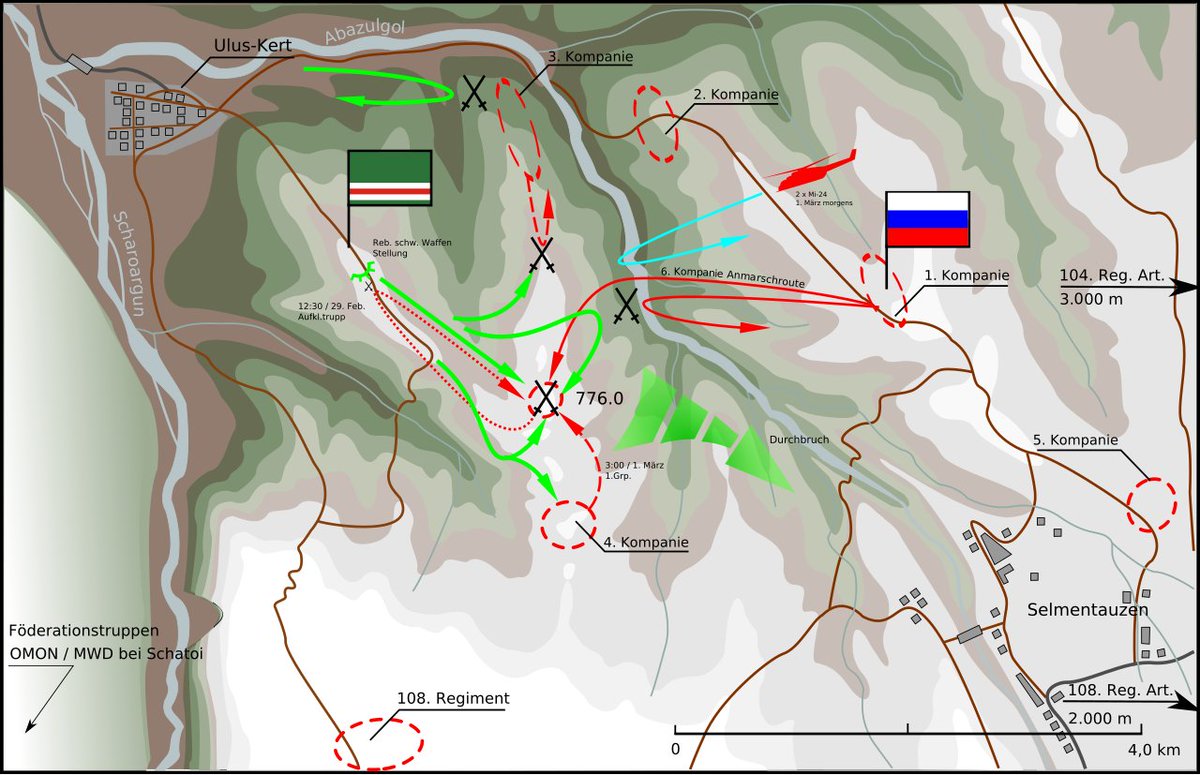1/ Russian sources reportedly say that Sergei Shoigu's plan to defang the Wagner Group failed because he didn't anticipate Yevgeny Prigozhin's personal popularity. Prigozhin had prior knowledge of the moves being made against him, leading to his strike against Rostov-on-Don. 

2/ Shoigu is nonetheless said to be unsackable due to knowing too many secrets and having too extensive a network of loyalists to be easily uprooted. Meanwhile, Putin is said to have been in complete confusion and reportedly put the FSB in charge during the mutiny. ⬇️
3/ The VChK-OGPU Telegram channel reports that a source has told it about what happened on the Russian government side immediately before Wagner's mutiny:
"The harbinger of a coup in Russia is always a strengthening of the protection of state institutions.
"The harbinger of a coup in Russia is always a strengthening of the protection of state institutions.
4/ "A few days before the escalation of the situation with the Wagner PMC, the FSO [Federal Protective Service] suddenly asked Rosgvardia [Russian National Guard] chief Zolotov for assistance from fighters of Dzerzhinsky division.
5/ "The Rosgvardians reinforced FSO patrols near the Kremlin, the White House [the Russian government's main office], the presidential administration and other government facilities in the capital.
6/ "On 27 June, the reinforcements were withdrawn as suddenly as they appeared and the main state institutions were guarded as normal.
7/ "In addition to the strengthening of the security of the buildings, operative groups of the Central Security Service and the Main Staff of the Ministry of Defence flew to the war zone in advance, supported personally by Defence Minister Shoigu and his high-ranking entourage.
8/ "A group of officers of the Main Personnel Directorate of the Defence Ministry also flew to Rostov. They all were told there that by 1 July, the Wagner PMC shall be disbanded and cease to exist.
9/ "Newly arrived task force units and operational staff on the ground were ordered to make this transition without any excesses.
Thus, with Moscow's approval, the operation to disband Prigozhin's army was to take place.
Thus, with Moscow's approval, the operation to disband Prigozhin's army was to take place.
10/ "The protracted conflict between the defence minister and the head of the PMC was to have been ended. But things did not go according to plan.
11/ "According to the sources of VChK-OGPU, Shoigu was initially motivated by someone to take very drastic measures against several leaders of Wagner. Under any circumstances, Prigozhin and his associates, which included [Dmitry] Utkin, were to be interned.
12/ "But they did not take into account the popularity of the country's chief chef with front-line officers, soldiers and service operatives. All possible scenarios for the detention of Prigozhin and his men have been made available to the latter.
13/ "As the VChK-OGPU source believes, they did not envisage the main thing – the unwillingness [of the military] to take the side of the extremely unpopular Special Military Operation leaders, Shoigu and Gerasimov.
14/ "That is when a missile strike was launched against Wagner's positions. After the failed missile strike on Wagner's positions the action unfolded.
In a matter of hours the headquarters of the southern grouping and the city of Rostov-on-Don were taken.
In a matter of hours the headquarters of the southern grouping and the city of Rostov-on-Don were taken.
15/ "The Defence Minister fled to Moscow.
Then within twenty-four hours the Wagnerites effectively approached the capital."
Then within twenty-four hours the Wagnerites effectively approached the capital."
16/ As many commentators noted, Shoigu disappeared from view during the mutiny. According to VChK-OGPU, it was because he was effectively put into protective custody by the FSO while negotiations took place between the government and Prigozhin over his future.
17/ "Several VChK-OGPU sources confirmed information that after fleeing Rostov and the rapid advance of the Wagner PMC towards Moscow, Sergei Shoigu was effectively isolated by the FSO, he was not allowed anywhere under the pretext of personal security.
18/ "In reality, Shoigu was at this point the object of negotiations between Prigozhin and Lukashenko. It was because of Shoigu that Prigozhin initially broke off the negotiations (Putin refused to give up his defence minister).
19/ "However, the situation became more difficult by the hour, the convoy was rapidly approaching Moscow. As a result, Putin effectively met all Prigozhin's demands by pushing back on Shoigu.
20/ "But even then he was not taken out of the isolation, because FSB Deputy Director Korolev personally initiated an urgent revision of all materials regarding the Defense Ministry (the issue regarding Deputy Minister Tsalikov is still open, by the way)."
22/ "[Aleksey] Dyumin also persuaded Putin of the need to "remove" Shoigu. But Putin decided otherwise – to make Shoigu into an almost-hero who defeated Prigozhin.
23/ "The source believes that the point here is that Shoigu is extremely dangerous in the event of resignation because of his knowledge, the huge number of people loyal to him in senior positions and his leverage over processes in the Kremlin.
24/ "This is not the harmless [Dmitry] Medvedev or [Vladislav] Surkov, whose silence and inaction can be bought with money, this is more serious. Putin is not ready for such a conflict right now," reckons our interlocutor."
25/ The FSB is said to have played a central role in dealing with the mutiny. During Wagner's march on Moscow, VChK-OGPU published a cryptic account from a source: "In fact, the country is currently under the control of the FSB. Everywhere there's fear and confusion."
26/ The channel reports that another source in the Russian government "speaks of Putin's utter confusion [during the mutiny] - he was only seen this way in 2014, when a Malaysian civilian Boeing was shot down by mistake."
27/ Sources:
🔹
🔹 https://t.co/ckjyEwlbzp
🔹 https://t.co/ftOKvyxQfvt.me/vchkogpu/39338
t.me/vchkogpu/39624
t.me/vchkogpu/39631
🔹
🔹 https://t.co/ckjyEwlbzp
🔹 https://t.co/ftOKvyxQfvt.me/vchkogpu/39338
t.me/vchkogpu/39624
t.me/vchkogpu/39631
• • •
Missing some Tweet in this thread? You can try to
force a refresh


